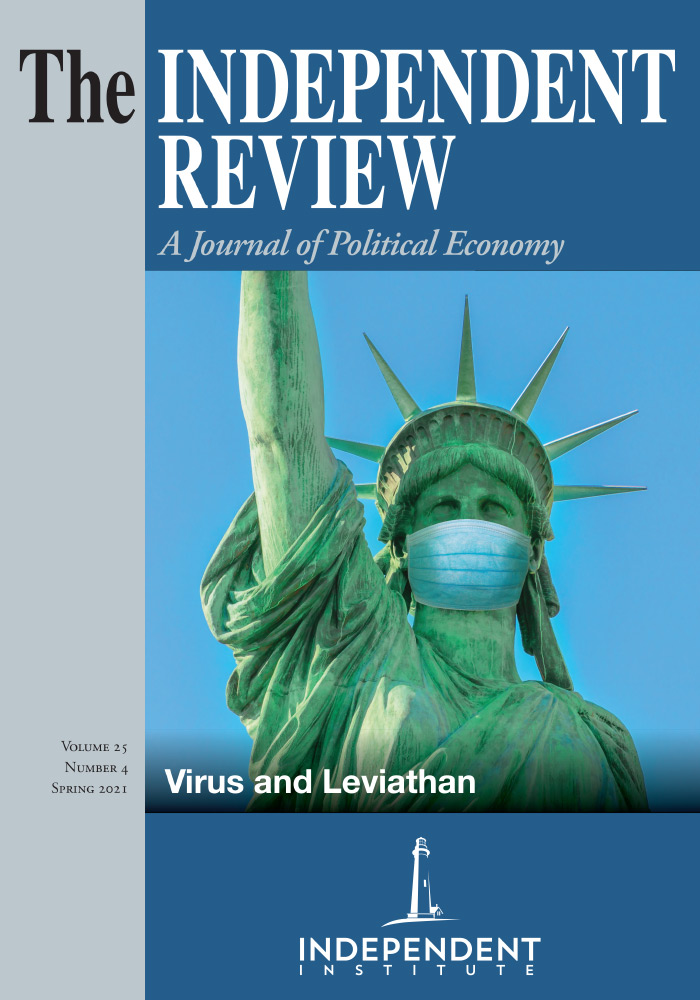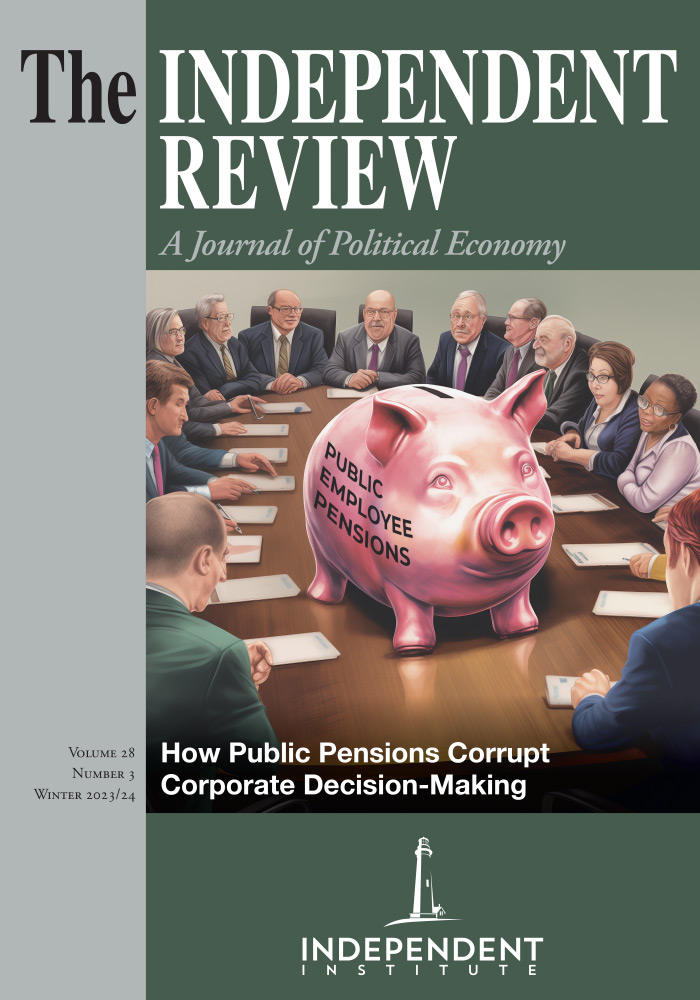Without doubt, coronavirus disease 2019 (COVID-19) presents problems of public health. To most people, public-health problems, especially of a pandemic intensity, call for public action. Indeed, public-health concerns and national defense have long served as paradigmatic illustrations of public goods where market resolutions to those problems are absent and where governmental action is required. Theories of public goods, however, are largely caricatures of a situation that create the illusion that the theory provides adequate knowledge for dealing with the problem. To the contrary, public-goods theories provide no such knowledge and are incapable of providing such knowledge. Most fundamentally, such theories presume that theorists have in front of them the knowledge that is necessary to overcome the alleged problem. This common presumption is wrong. To assert this wrongfulness is not, however, to deny the significance of the claims on behalf of public goods. Rather, it is to point out that ordinary political processes are incapable of assembling the dispersed knowledge that would be necessary to overcome the problem along the lines that public-goods theories stipulate.
| Other Independent Review articles by Richard E. Wagner | |
| Spring 2019 | Termites of the State: Why Complexity Leads to Inequality |
| Fall 2018 | Gordon Tullock’s Scholarly Legacy: Extracting It from Buchanan’s Shadow |
| Winter 2001/02 | Controlling the State: Constitutionalism from Ancient Athens to Today |









